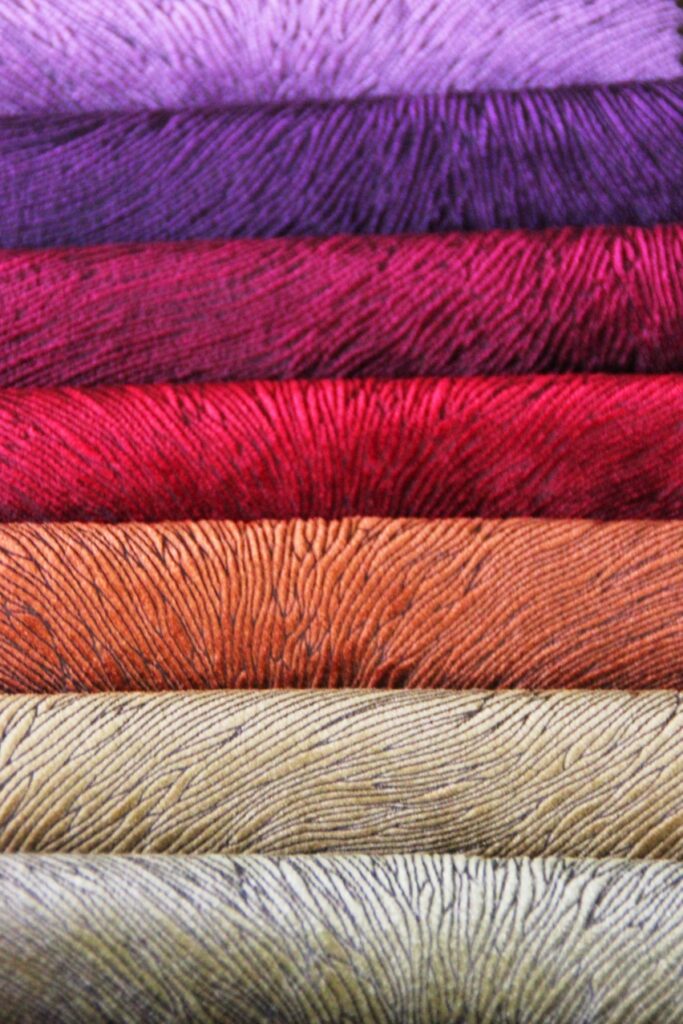
Have you thought about where the sweater in your closet comes from? Maybe you have come across small tags that might say “Made in India” or “Made in Bangladesh”. The large fashion retailers of today have outsourced the majority of their production activities to Asia and the sub-continent. The bargains that we know and love from many of our high street shops, sadly often have a more sad and sinister backstory.
MADE IN BANGLADESH

2013 saw a major tragedy in Bangladesh. 1138 were killed when a textile factory collapsed. Around the world millions of people suffer from the terrible working conditions that are commonplace in the textile industry of today. The minimum wage in Bangladesh today sits at approximately 85 EUR per month.Sadly this is not enough to live on, and is most certainly not enough to provide for a family. With a brand name t-shirt, the worker that makes this shirt receives around 0.06% of the final sale price. This means that for a shirt that has a retail price of approximately 20 EUR, a worker might receive around 12c.
Many of these workers are required to work significant amounts of overtime and workers representation does not exist. If they complain about the difficult and sometimes intolerable conditions that they face, their employment is terminated. Most of these textile workers are women that often do not have a high level of education and are from rural areas and villages. The threat of even more intense poverty forces them to accept these brutal conditions which include 12 hour work days with no respite during holidays and weekends.
The strategy of the European fashion houses is to make their goods difficult to trace. A label that says “Made in Bulgaria” simply means that the last part of the manufacturing process was carried out there. This questionable labeling strategy can even be applied if it was only the last button of the shirt that was sewn on there, but the remainder of the manufacturing was carried out in Asia.
A complex network of production steps makes it incredibly difficult to trace which company produces which products where, and what working conditions were in force at the site of production. This abdication of responsibility was also seen during the incident in Bangladesh. No company was willing to take responsibility for using contractors that were operating in such squalid conditions. In Germany, legislation is being introduced that aims to force companies to take responsibility for their supply chains. This law would require companies to ensure that their suppliers also respect labour and human rights and could be made liable if this is not the case.
UNHAPPY BRIDES IN INDIA

In India, the practice of “Sumangali” has been present in the textile and fashion sector for many years now. Sumangali is what the young women are called that are exploited in this form of bonded labour. The word Sumangali can be loosely translated to “happy bride” and this is also the basis for the business model, though the women affected by it, are often anything but happy. Women enter this form of work in order to gather sufficient funds for a dowry which a bride’s family is required to pay when she gets married. Despite being banned in law, this practice has deep cultural roots. Young women and girls are recruited because their parents are not able to fund this dowry from their own income and savings. They earn a meagre wage with the promise of a bonus at the end of 3-5 years which can then form a part of a dowry. Many of the women in this form of bonded labour are minors, are forced to live on factory grounds and are only permitted to travel to their homes once or twice a year for major religious holidays. These women essentially live in captivity, and this form of labour should definitely be considered as a type of slavery. Following years of physical and mental abuse, the chances of finding a good husband are often also significantly diminished for those affected.
WHAT CAN YOU DO?

The most sustainable form of consumption would of course be no consumption at all. Generally the need for a new piece of clothing should be carefully considered. If there really is a need for new clothing there are great alternatives to fast fashion (the cheap clothing from large fashion chains). The best value alternative is to purchase second hand clothing. Most large cities have great thrift markets and corresponding internet pages are also popping up all the time. Another great option (post pandemic restrictions) is to have a clothing-swap-party with friends. Clothes that no longer fit you or you no longer like might be considered as treasures by friends.
If you really would prefer to buy something new it is worth being aware of and looking out for fair trade labels such as „Der grüne Knopf“. Always ask yourself when you see a cheap item of clothing – “Who is really going to be paying the price for this?” Maybe it will be a person or maybe the environment. There are more and more German and Austrian companies that are looking to make a positive change to the way we consume. A few of them are: Dariadéh, Armedangels, Ehrlich Textil, Salzwasser and Grüne Erde.
If you are looking for an ethically produced backpack, bag or pencil case, why not have a look at our online shop? The sewing of these products is carried out by our trainees and supervised by our sewing experts. With us, trainees learn about the regular workforce in a supportive and fun environment. 100% of the proceeds of these sales go to our organisation and help us to increase our offering of workshops and expert trainer capacity.
